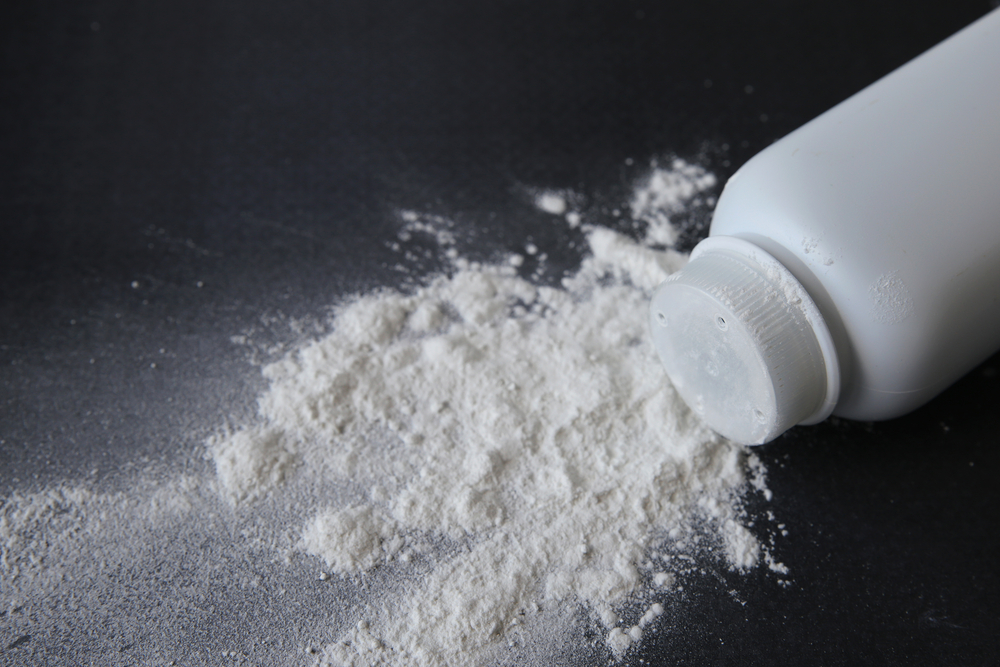 Recently, product liability lawsuits have developed a negative reputation. Many assume that lawsuits are baseless after hearing sensationalistic stories that exaggerate the facts. Most have heard of the vilified case, Liebeck v. McDonald’s Restaurants, No. CV-930-2419. However, few realize that Ms. Liebeck was a passenger who suffered third degree burns to her groin area. She required a seven-day hospital stay because of her severe burns. Her victory was a win for all consumers.
Recently, product liability lawsuits have developed a negative reputation. Many assume that lawsuits are baseless after hearing sensationalistic stories that exaggerate the facts. Most have heard of the vilified case, Liebeck v. McDonald’s Restaurants, No. CV-930-2419. However, few realize that Ms. Liebeck was a passenger who suffered third degree burns to her groin area. She required a seven-day hospital stay because of her severe burns. Her victory was a win for all consumers.
Politicians and the corporate giants that fund their campaigns often promote erroneous views of product liability lawsuits while making shrill cries for “tort reform.” Insurance companies also have strong monetary motivations to keep settlements low, regardless of fairness. These parties are strongly outspoken when it comes to tort reform, but much less vocal about how such reform benefits their bank accounts.
History Repeats Itself
Consider the infamous Ford Pinto from the 1970’s. This car was rushed through its production schedule to make a fast cash grab. When issues were discovered relating to the safety of the car’s fuel system, Ford ignored them…until the fuel system’s poor design caused enough people to die tragically or become seriously scarred by fire. Ford was forced to pay millions of dollars in compensation only because of product liability lawsuits.
This was a landmark case in the history of product liability. Ford justified its decision not to make the $11 fix to the Pinto fuel system based on a cost-benefit analysis. The analysis showed that the cost to fix the fuel tank design flaw would be $137 million, compared to the expected death toll valued at only $49.5 million.[1]
Looking at human lives in this cold and calculating manner is sadly legal, but that does not make it right. Ford still owed the public a duty of reasonable care. To know that a product is deadly, and fail to warn the public about it, is certainly wrong. The law cannot force companies like Ford to do the right thing. Only lawsuits and punitive damages can do that.
The Drive Behind Tort Reform
Product liability lawsuits exist to protect average people from the harm that comes from corporate giants who place profits ahead of humanity. Limits on tort cases would allow these giants to continue cutting corners on safety because it would be cheaper to pay the occasional lawsuit than to properly design and test products for safety.
Government Regulations Not Enough
Although government regulations exist to fine wrongdoers, the government does not have the power or resources to watch every company all the time. When government fails to stop corporations from harming people, there still needs to be a way to hold those companies responsible. If they fear losing millions of dollars due to carelessness, they will certainly make more investments in safety from the onset. Therefore, product liability lawsuits are the consumer’s last defense against dangerous products.
Contact Us
If you or someone you love was harmed or killed by a dangerous product, please contact us to discuss your options for obtaining compensation. Your lawsuit could be the one that keeps hundreds of other innocent consumers from harm.
[1] http://www.wfu.edu/~palmitar/Law&Valuation/Papers/1999/Leggett-pinto.html
Other Defective Products News
If you develop cancer or a condition associated with chemical straighteners, it’s important to know your legal options and how to proceed.
There is substantial evidence that hair relaxers increase the likelihood of certain cancers. In addition to uterine cancer, there are also links between hair relaxer products and ovarian cancer.
If you have been diagnosed with cancer after regularly using hair relaxer products, you could have a claim for compensation against the manufacturer even if you have underlying health conditions.
Proving legal damages after using hair relaxers can be challenging, but an experienced dangerous and defective product attorney can evaluate your claim to determine if you meet certain criteria to prove damages and recover compensation.
Understanding how to bring a talcum powder case starts with a free consultation—get the answers you need.
Determining eligibility for a talcum powder lawsuit involves several factors, and guidance from our experienced attorneys can make all the difference.







